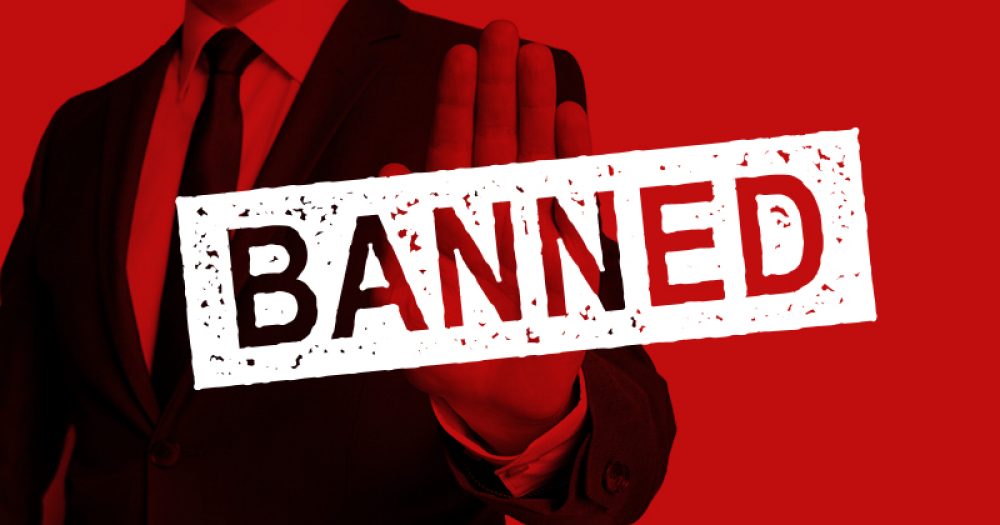Teachers in further education colleges and independent training providers will be in scope for lifetime bans for serious misconduct under government plans to expand teacher misconduct regulations.
The Department for Education has confirmed that the Teacher Regulation Agency (TRA) will have its powers extended to post-16 education and training “when a suitable legislative opportunity becomes available”.
Thousands of post-16 teachers, assessors, tutors and lecturers will be in scope of the regulations, which currently only apply to teachers in schools, academies, sixth form colleges and certain forms of youth accommodation and children’s homes.
The DfE launched a consultation on the extension in February and has today confirmed its decisions.
The department said it was making these changes to bring the teacher misconduct rules in line with the updated ‘keeping children safe in education’ guidelines which now have requirements for a broader range of education settings.
In its response to the consultation, DfE reports that extending the “teacher misconduct regime” to further education and post-16 providers was supported by 86 per cent of those that responded.
The broadened remit for the TRA would “reduce the risk of a prohibited person trying to work between [pre-and post-16] sectors” the response says.
FE colleges, special post-16 institutions and independent training providers will have a legal duty to decide whether to refer cases of “serious misconduct” for the TRA to investigate.
Only cases of serious misconduct can be referred to the TRA. This is broadly defined as “unacceptable professional conduct”, “conduct that may bring the profession into disrepute” or “conviction, at any time, of a relevant offence”. TRA guidance documents go in to these in more detail to aid employers.
Once the TRA receives a referral, a professional conduct panel is formed which makes a recommendation on whether or not to issue a prohibition order. This would ban the individual from carrying out teaching work, usually for life. Their name would also appear on the “prohibited list” for employers, local authorities and teacher supply agencies to be able to check.
Outcomes of the TRA’s misconduct panels are made public, even when no prohibition order is made.
Recent cases that have resulted in prohibition orders include a school vice principal in Hull who was banned following a conviction for indecent assault on a boy under 16
A school health and social care teacher received a prohibition order last month having been found to have fabricated students’ assessments and submitted false grades to OCR.
Sector organisations, unions and individuals had just under six weeks to support or oppose the department’s plans. Included in the list of published respondents are several schools and academies, Ofsted, the Education and Training Foundation and several independent training providers.

















Your thoughts